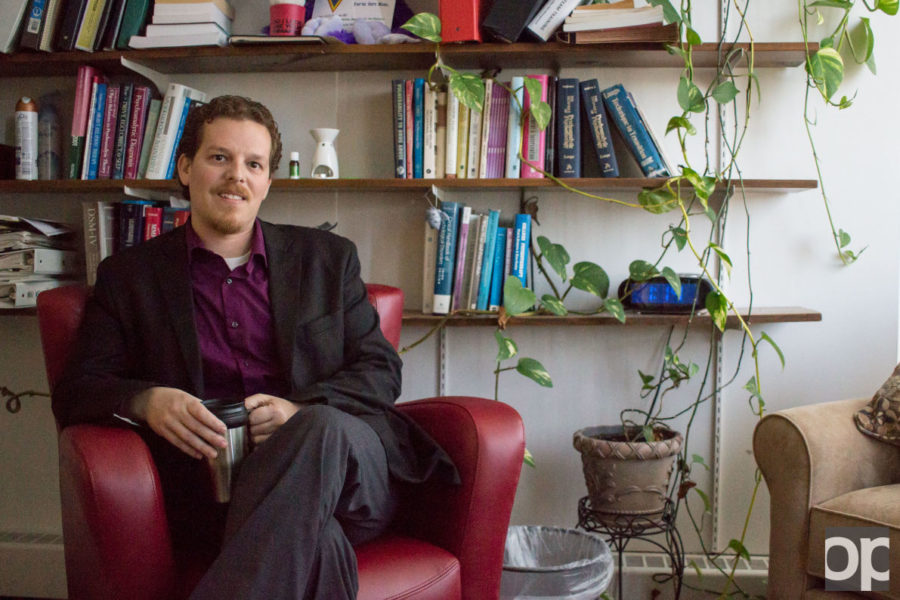The Graham Health Center provides counseling services for students in distress
It’s no secret that college students are exposed to numerous stressors. Mental illnesses are also on the rise in college-aged people, and it is important to understand the resources available.
Dr. David Schwartz of the Oakland University Counseling Center explained that mental illness on college campuses has been on the rise. He explained that national statistics show that close to 60 percent of students experience “significant depression” at some point in their college career. Additionally, 75 percent of students will experience severe anxiety at some point in their life.
At the counseling center in the past three years, the most frequent complaint the staff has experienced and treated has been anxiety, with depression following close behind. Both mental illnesses steadily increased each year.
According to last year’s statistics, the number of clinic emergencies concerning mental health at the center has increased by 62 percent over the previous two years and by 120 percent over the three previous years. Schwartz did not give a clear explanation for this jump.
At the counseling center, 60 percent of students come in for anxiety, 34 percent for depression, 34 percent for relationship problems and 28 percent for mood disorders. These statistics are based upon the fact that clients can come in with more than one of these issues.
With this increase in mental illnesses reported, the center has increased staff by 1 1/2 positions since last year.
Along with the ordinary counseling services, the center provides substance abuse evaluations, has a specialist in eating disorders, offers diagnostic testing for ADHD or learning disabilities at a reduced cost, and hosts outreach programs such as test anxiety workshops.
The center also has a psychiatrist available one day a week on Tuesday mornings for anyone looking for medicinal treatment for their mental illness.
Schwartz encourages students to know about the services available and attempt to understand rather than stigmatize those with mental illnesses.
“The misunderstanding is that suicidal people want to die,” Schwartz said. “They don’t want to die, they just want the pain to stop.”
He went on to explain that the center is a “support system” and can remedy situations that, in a worst case scenario, could be the difference between life and death.
The first six sessions at the counseling center are free, with each one following at only $12. Schwartz does warn that they have a sizable wait list, but that any emergencies will be attended to promptly.
According to activeminds.org, suicide is the second leading cause of death among college students. It’s time to educate ourselves on mental illness, remove the stigma and provide a support system for our fellow students.
Beyond the counseling center, there are student organizations focused on providing support systems for those who have mental illnesses such as To Write Love On Her Arms and Active Minds. If you are interested in learning more about the national organization for Active Minds, visit activeminds.org.








